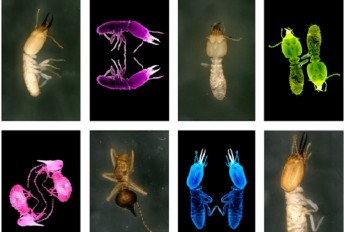
Posted on September 28, 2022
The University of Pretoria (UP) recently participated in an international study led by the University of Miami to investigate termite and microbial wood discovery and decay. Termites release carbon from the wood as methane and carbon dioxide, which are two of the most important greenhouse gases...
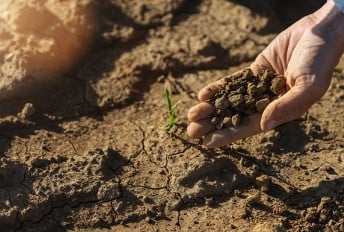
Posted on September 23, 2022
Smallholder farmers are the most in touch with the earth’s changing climate patterns, and they are the most vulnerable to increased temperatures and reduced rainfall.
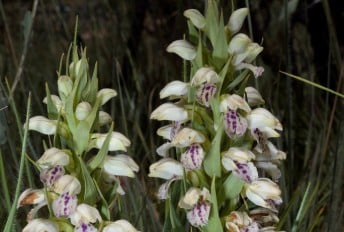
Posted on July 12, 2022
The Albertina Sisulu orchid was described as a new species in 1955, the same year the struggle stalwart launched the Freedom Charter with her compatriots in the ANC Women’s League. Researchers at the University of Pretoria want to help save this endangered plant by understanding the unique...

Posted on July 07, 2022
More than three billion people, most of whom are in developing countries, rely on the ocean to make a living. Fisheries and aquaculture provide the main source of animal protein for some 17% of the world’s population. In the least-developed countries, fish contributes about 29% of animal...

Posted on April 17, 2022
University of Pretoria researchers Dr Mariëtte Pretorius and Professor Wanda Markotter have published a study which shows that land around important bat-inhabited caves are changing and that natural habitats are being destroyed.
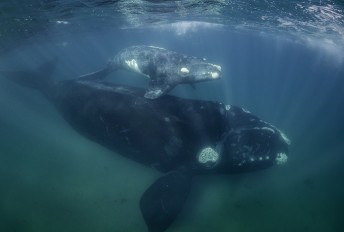
Posted on March 01, 2022
UP’s Mammal Research Institute Whale Unit and WWF South Africa are teaming up to support research on southern right whales in response to warming oceans and changes to ocean processes which are affecting the number of whales visiting SA's shores.
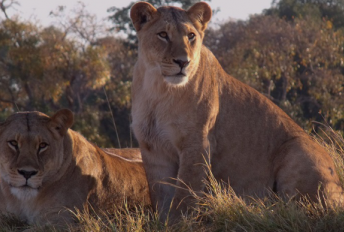
Posted on February 09, 2022
When wild lions sneak up on a herd of cattle to grab an easy meal, the dice seem to be loaded more heavily against certain herd members, which are more likely than the others to be killed and eaten, according to a new study conducted by scientists from the University of Pretoria (UP).
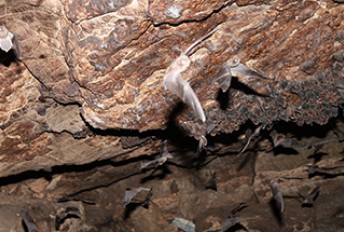
Posted on December 18, 2021
Research at UP is looking at how tree harvesting is causing the destruction of natural habitat, bringing wild animals like bats into closer contact with humans than ever before and leading to increased risk of new zoonotic diseases.
Copyright © University of Pretoria 2025. All rights reserved.
Get Social With Us
Download the UP Mobile App